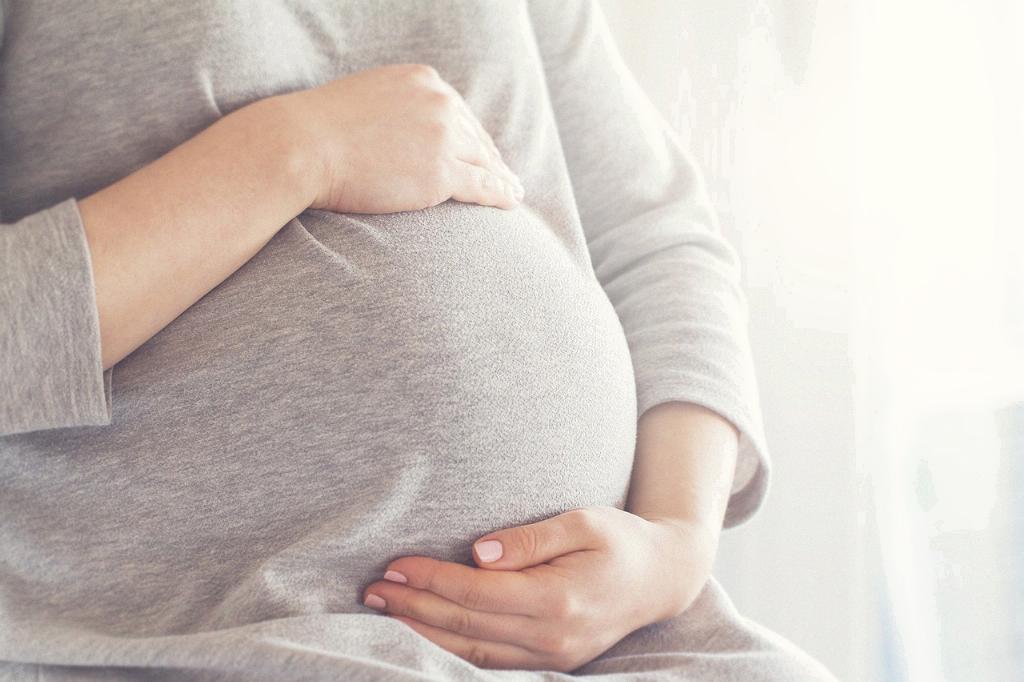One common question that often arises during pregnancy is whether it is safe to consume mozzarella cheese. The good news is that mozzarella made from pasteurized milk is generally considered safe for pregnant women to eat. This is because pasteurization is a process that effectively eliminates harmful bacteria, making the cheese safe for consumption.
Whether you prefer your mozzarella cooked or in its fresh, uncooked form, as long as it is made from pasteurized milk, you can enjoy it during pregnancy without worries. It is essential to pay attention to food labels when purchasing mozzarella to ensure that the cheese is indeed made with pasteurized milk.
During pregnancy, it is crucial to be cautious about the foods you consume to avoid any potential risks. Mozzarella cheese is a good source of calcium and protein, making it a nutritious choice for expectant mothers. Incorporating mozzarella into a balanced diet can help meet the increased nutritional needs during pregnancy.
It is important to note that not all mozzarella cheese is made from pasteurized milk. Some artisanal or fresh mozzarella varieties may be made with unpasteurized milk, which can pose a risk during pregnancy. To err on the side of caution, it is advisable to opt for mozzarella cheese that clearly indicates the use of pasteurized milk on the packaging.
As with any food during pregnancy, moderation is key when consuming mozzarella cheese. While mozzarella made from pasteurized milk is generally safe, excessive consumption of any food can lead to potential health risks. It is recommended to enjoy mozzarella in reasonable amounts as part of a varied diet.
For pregnant women with specific dietary restrictions or concerns, consulting with a healthcare provider or a nutritionist can provide personalized guidance on food choices, including the consumption of mozzarella cheese. Individual dietary needs may vary, and seeking professional advice can help ensure a healthy pregnancy.
In addition to being a good source of calcium and protein, mozzarella cheese can be a versatile ingredient in various dishes. From salads to sandwiches to pasta dishes, incorporating mozzarella can add a flavorful and nutritious element to meals. Pregnant women can enjoy mozzarella in both cooked and uncooked dishes, as long as it is made from pasteurized milk.
When craving a cheesy snack or looking to add a creamy texture to a meal, opting for pasteurized mozzarella cheese can be a safe and delicious choice for pregnant women. From classic Caprese salads to homemade pizzas, there are numerous ways to enjoy mozzarella as part of a healthy and balanced diet during pregnancy.
While mozzarella made from unpasteurized milk may present a potential risk during pregnancy, selecting pasteurized mozzarella can offer a safe option for expectant mothers. By being mindful of food choices and opting for pasteurized varieties, pregnant women can continue to enjoy mozzarella as part of their meals without concerns.
In conclusion, pregnant women can generally eat mozzarella cheese made from pasteurized milk without worries. This versatile and nutritious cheese can be a delicious addition to a balanced diet during pregnancy, providing essential nutrients like calcium and protein. By choosing pasteurized mozzarella and consuming it in moderation, expectant mothers can safely enjoy this tasty cheese throughout their pregnancy.

